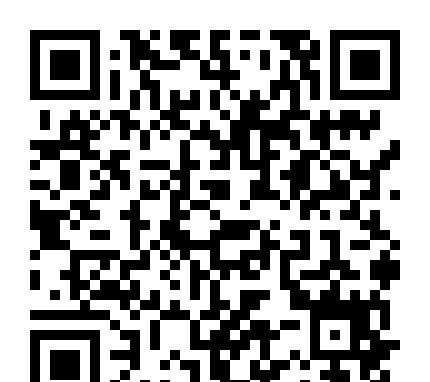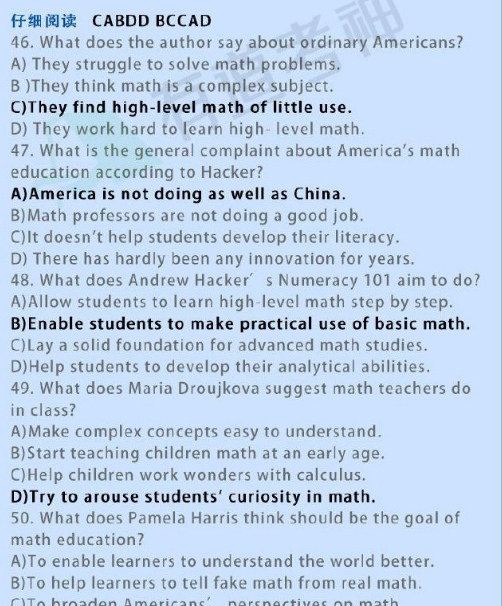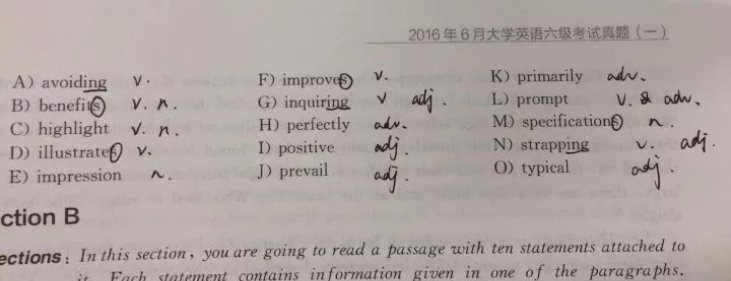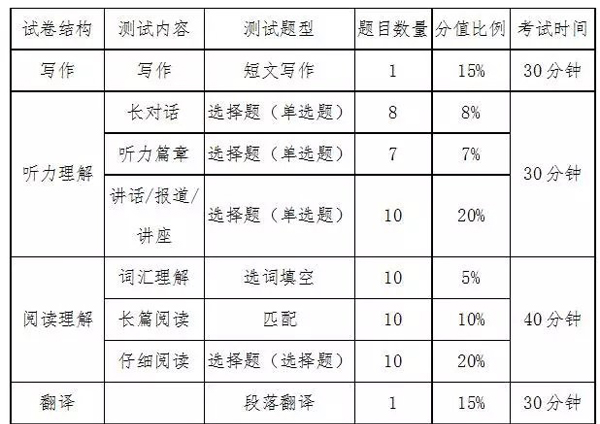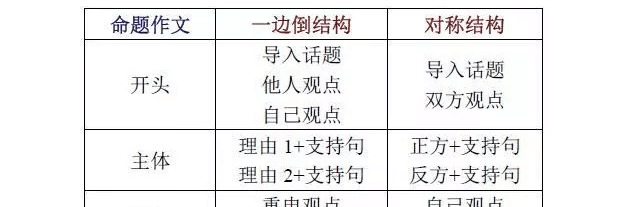LAST考试阅读笔记-第三讲-(2)
|
2.难句处理 对于长句,先找主谓,再同前面的句子作比较 如果谓语意思相同,则此句是前面一句的重复表达,不必看了 如果谓语意思截然相反,可能是多重转折,如果后面发现有转折连词则可以确定为多重转折,那么两重转折中的部分就是废话 如果谓语既不相同又不相反,则抓住句子主干,去处修饰成份 主干 词:形容词和副词 修饰成分 短语:尤其是介词短语 从句:从who,which开始,在第一个谓语动词和第二个谓语动词之间结束 3.必看的关键词 用”-”连接的合成词 结尾处的强转折 成语 特殊词汇:surprisingly,,ironically,unfortunately,paradoxically(似非而是的) 比喻 4.看文章的顺序:套路 → 主题词或关键词 → 根据取舍原则分析那些是重点细节,不是重点的细节不看 5.时间分配:原则应该是看文章时间少做题时间多 例题讲解 book 1, reading 5, p131 historians attempting to explain how scientific work was done in the laboratory of the seventeenth-century chemist and natural philosopher robert boyle must address a fundamental discrepancy between how such experimentation was actually performed and the seventeenth-century rhetoric describing it. leaders of the new royal society of london in the 1660s insisted that authentic science depended upon actual experiments performed, observed, and recorded by the scientists themselves. rejecting the traditional contempt for manual operations, these scientists, all members of the english upper class, were not to think themselves demeaned by the mucking about with chemicals, furnaces, and pumps; rather(≠), the willingness of each of them to become, as boyle himself said, a mere “drudge” and “under-builder” in the search for god’s truth in nature was taken as a sign of their nobility and christian piety. this rhetoric has been so effective that one modern historian assures us that boyle himself actually performed all of the thousand or more experiments he reported. in fact(△), due to poor eyesight, fragile health, and frequent absences from his laboratory, boyle turned over much of the labor of obtaining and recording experimental results to paid technicians, although published accounts of the experiments rarely, if ever, acknowledged the technicians’ contributions. nor was boyle unique in relying on technicians without publicly crediting their work. why were the contributions of these technicians not recognized by their employers? one reason is the historical tendency(新名词), which has persisted into the twentieth century, to view scientific discovery as resulting from momentary flashes of individual insight rather than from extended periods of cooperative work by individuals with varying levels of knowledge and skill. moreover, despite the clamor of seventeenth-century scientific rhetoric commending a hands-on approach, science was still overwhelmingly an activity of the english upper class, and the traditional contempt that genteel society maintained for manual labor was pervasive and deeply rooted. finally, all of boyle’s technicians were “servants,” which in seventeenth-century usage meant anyone who worked for pay. to seventeenth-century sensibilities, the wage relationship was charged with political significance. servants, meaning wage earners, were excluded from the franchise because(→) they were perceived as ultimately dependent on their wages and thus controlled by the will of their employers. technicians remained invisible in the political economy of science for the same reasons that underlay servants’ general political exclusion. the technicians’ contribution, their observations and judgment, if acknowledged, would not have been perceived in the larger scientific community as objective because(→) the technicians were dependent on the wages paid to them by their employers. servants might have made the apparatus work, but their contributions to the making of scientific knowledge were largely–and conveniently–ignored by their employers. 8. which one of the following best summarizes the main idea of the passage? (a) seventeenth-century scientific experimentation would have been impossible without the work of paid laboratory technicians. (b) seventeenth-century social conventions prohibited upper-class laboratory workers from taking public credit for their work. (c) seventeenth-century views of scientific discovery combined with social class distinctions to ensure that laboratory technicians’ scientific work was never publicly acknowledged. c选项的范围比b广 (d) seventeenth-century scientists were far more dependent on their laboratory technicians than are scientists today, yet far less willing to acknowledge technicians’ scientific contributions. (e) seventeenth-century scientists liberated themselves from the stigma attached to manual labor by relying heavily on the work of laboratory technicians. 9. it can be inferred from the passage that the “seventeenth-century rhetoric” mentioned in line 6 would have more accurately described the experimentation performed in boyle’s laboratory if which one of the following were true? (a) unlike many seventeenth-century scientists, boyle recognized that most scientific discoveries resulted from the cooperative efforts of many individuals. (b) unlike many seventeenth-century scientists, boyle maintained a deeply rooted and pervasive contempt for manual labor. (跨区) (c) unlike many seventeenth-century scientists, boyle was a member of the royal society of london. (d) boyle generously acknowledged the contribution of the technicians who worked in his laboratory. (e) boyle himself performed the actual labor of obtaining and recording experimental results. 10. according to the author, servants of seventeenth-century england were excluded from the franchised(用来定位) because of the belief that (a) their interests were adequately represented by their employers (b) their education was inadequate to make informed political decisions (c) the independence of their political judgment would be compromised by their economic dependence on their employers (d) their participation in the elections would be a polarizing influence on the political process (e) the manual labor that they performed did not constitute a contribution to the society that was sufficient to justify their participation in elections. 11. according to the author, the royal society of london(可用来定位) insisted that scientists abandon the (a) belief that the primary purpose of scientific discovery was to reveal the divine truth that could be found in nature (b) view that scientific knowledge results largely from the insights of a few brilliant individuals rather than from the cooperative efforts of many workers (c) seventeenth-century belief that servants should be denied the right to vote because they were dependent on wages paid to them by their employers (d) traditional disdain for manual labor that was maintained by most members of the english upper class during the seventeenth-century (e) idea that the search for scientific truth was a sign of piety 12. the author implies that which one of the following beliefs was held in both the seventeenth and the twentieth centuries? (a) individual insights rather than cooperative endeavors produce most scientific discoveries. (b) how science is practiced is significantly influenced by the political beliefs and assumption of scientists. (c) scientific research undertaken for pay cannot be considered objective. (d) scientific discovery can reveal divine truth in nature. (e) scientific discovery often relies on the unacknowledged contributions of laboratory technicians |

